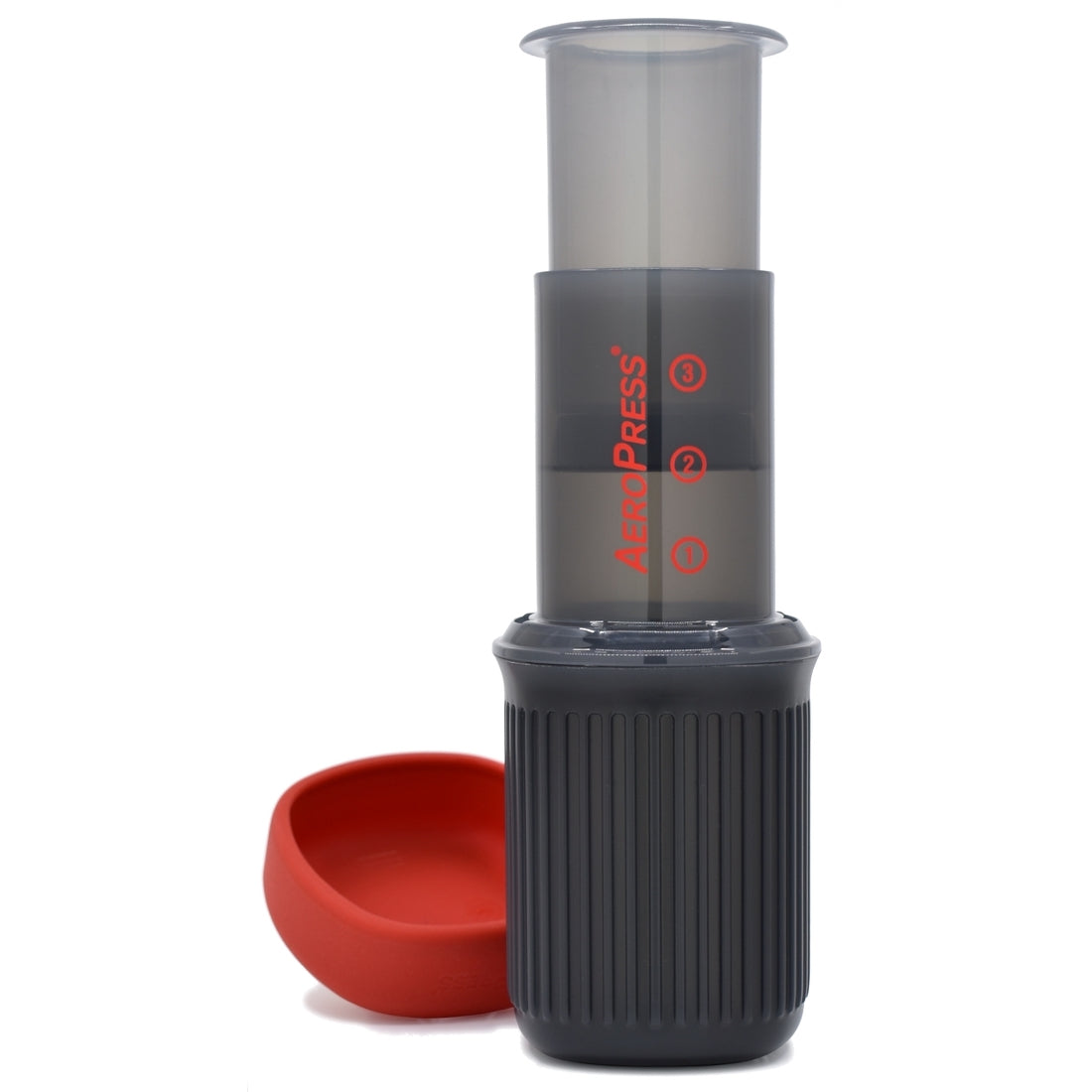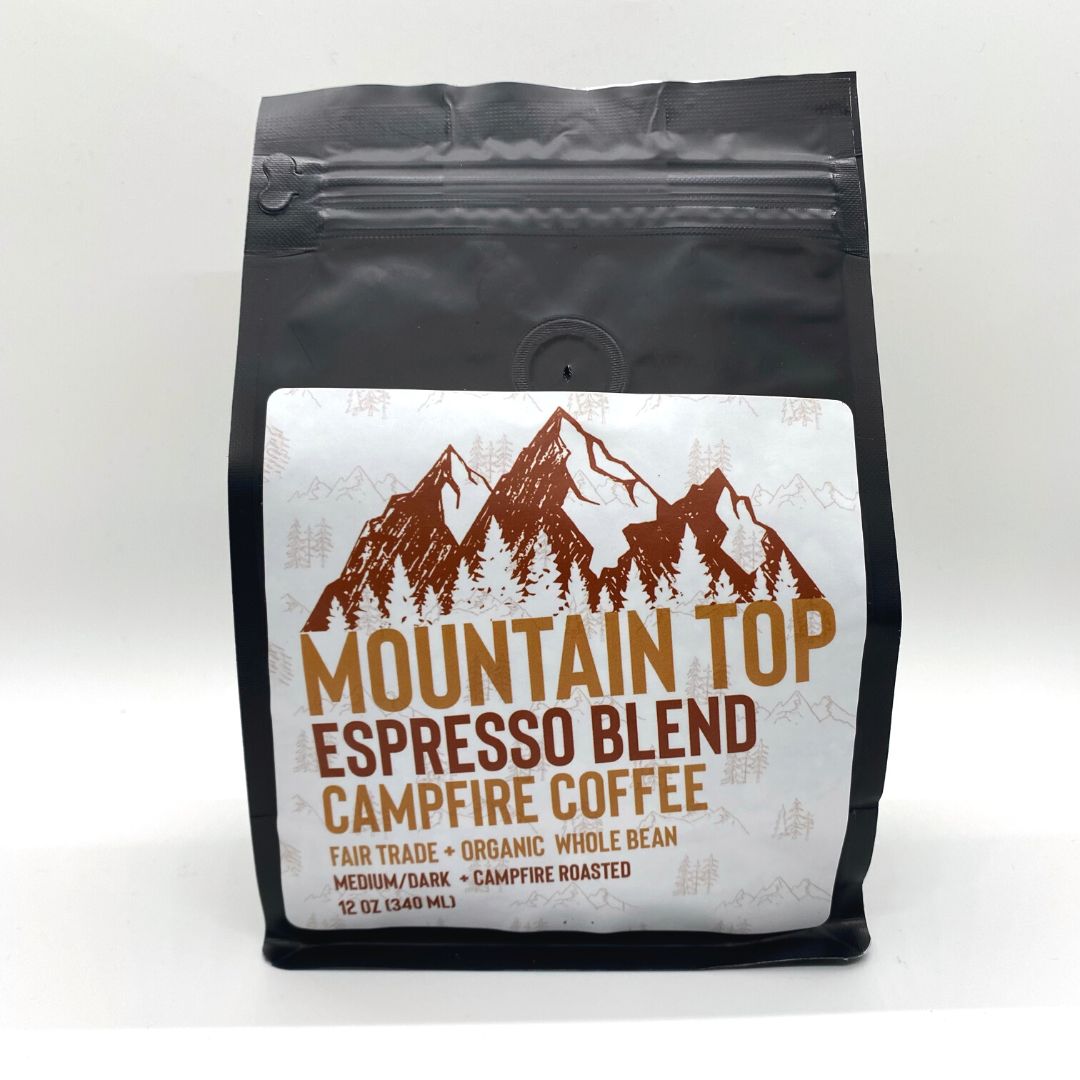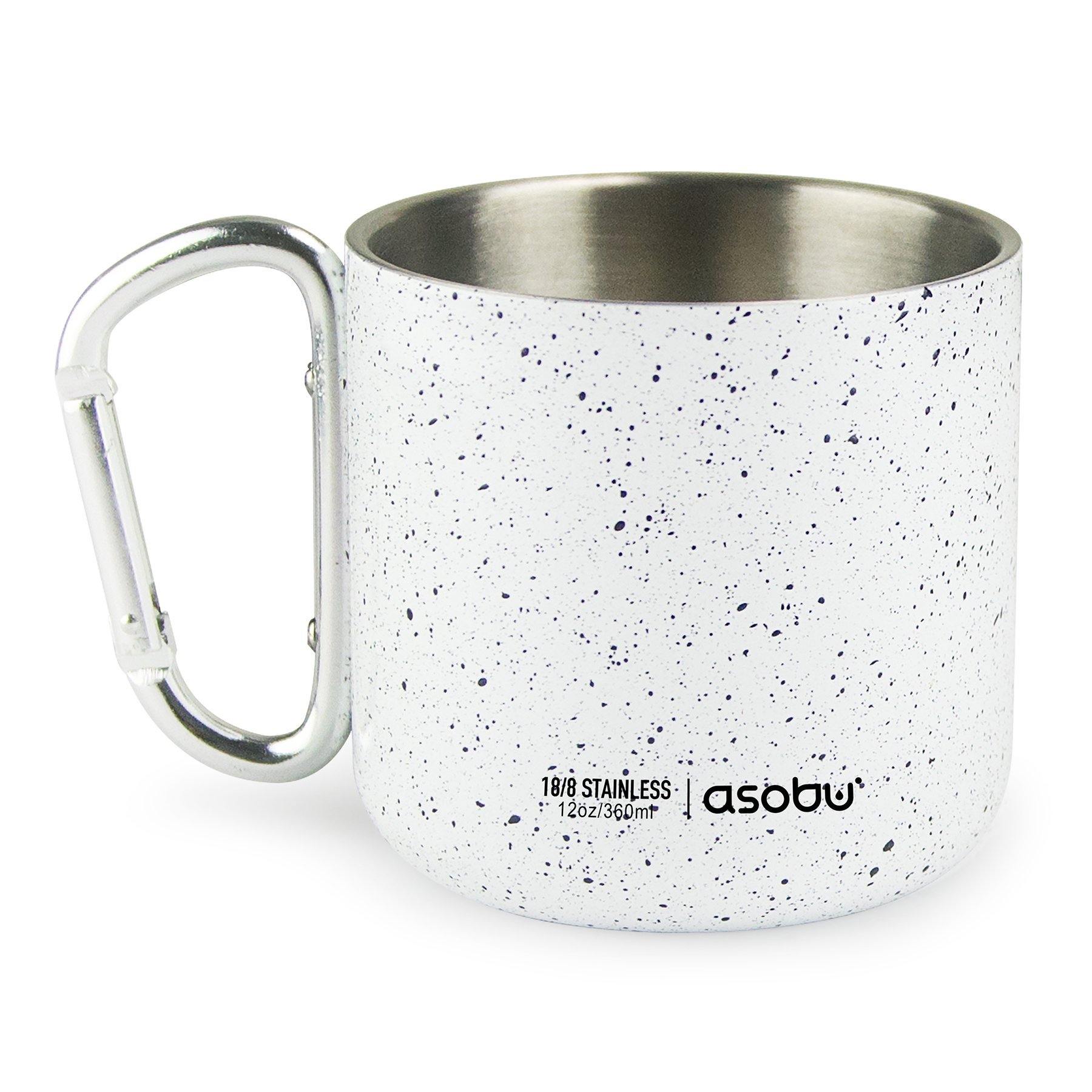So What Is Binchotan Charcoal?
Named after a charcoal maker, Binchoya Chozaemon, who started producing and selling this unique type of activated charcoal in the late 17th century Japan. Binchotan activated charcoal has been used for centuries, made for nearly 500 years by charcoal makers in the the Kishu Province of Wakayama, Japan. When added to tap water, Binchotan activated charcoal is known to absorb chlorine, fluoride, heavy metals, and balance the PH levels of the water.
How is Binchotan Charcoal Made?
Traditionally, the process to make Binchotan activated charcoal involves using Ubane Oak, carefully and sustainably harvesting branch clippings, and stacking them into giant kilns built into mountains through Wakyama, Japan. They then use the process of burning the binchotan or oak at low temperatures over multiple weeks. Finally at the end of the process, to cultivate the the binchotan charcoal, the kiln is amped up to temperatures over a thousand degrees Celsius. Once the smoke turns clear, it is a sure indicator that the impurities of the binchotan have been burnt away. After the cooling process, they are then left with pure Binchotan Charcoal comprised of approximately 95% carbon.
How does Binchotan Charcoal Work?
Around the 20th Century as science progressed, researchers began to take a closer look at the properties of Binchotan charcoal. They quickly realized one of its striking properties was it’s “micro-porous” surface, having 270 square meters of internal surface on each gram. The porous cavities when added to water, naturally bond with toxins including chlorine, fluoride, and other heavy metals. They do an outstanding job trapping chemicals and impurities, ultimately cleansing the water. It is estimated that one quarter pound of Binchotan activated charcoal can purify up to two gallons of water, and will keep your water fresh for up to six months. It is recommended to boil your charcoal stick every few weeks to refresh and remove the absorbed chemicals.
What Else Can Binchotan Charcoal Do?
Another fascinating benefit of Binchotan charcoal, is the charcoals ability to absorb positive ions in your water and replace them with negative ions. In a blind test, most will stand by the fact that the water tastes far better, and feels more refreshing after drinking Binchotan filtered water. There are many studies that positive ions can deregulate your mood and health. A great example of negative ions are the ones present in waves, thunderstorms, and waterfalls. That same natural energy from the natural world is infused into your water though the charcoal. Many will agree that the difference tasted from standard tap water is outstanding after being treated with this activated charcoal. Not so different from the activated charcoal in conventional filters found on the shelf today, but wait! Not so fast…
Why Binchotan Charcoal is Superior To Conventional Water Filters
In an age of single use plastics and endless supply of trash piling up in landfills, charcoal filters are a greener solution for filtering tap water. Traditional charcoal filters are made of plastic, and as such we toss them into the garbage without thinking twice. This type of plastic that standard filters are made of, is estimated to take over 450 years to decompose. That is beyond 5 lifetimes. Contrary to traditional plastic filters, Binchotan Activated charcoal can be used as fertilizer after 6 months of use. This is mother natures solution to sustainably filter our tap water. Use Binchotan Charcoal for the health of your family and the sustainability of our environment.

How to use Binchotan active Charcoal
- Drop the binchotan Charcoal into a glass of water or the Black and Blum Good Bottle
- Let it sit for at least one hour to fully absorb the impurities of the tap water.
- Enjoy!
- Boil in water every 2-3 weeks to remove absorbed chemicals and refresh charcoal sticks.
- Replace after six months or when the charcoal becomes ineffective as a filter.
Our Black + Blum Binchotan charcoal water bottles come highly recommended. If you are looking to try out these filters. These water bottles are phenomenally designed in London, UK.










2 comments
Amy Saunders
Konnichiwa! Wow, I found it totally interesting when you said that Binchotan charcoal can also keep our air clean from unwanted chemical substances as well. I’ve been thinking of adding some Oriental decors around my house. I’ll certainly consider this option when I make a purchase later. Arigato! http://rikumo.com/collections/binchotan-charcoal/products/morihata-binchotan-charcoal
Captain Prawn
I’ve read that Binchotan is raised to over 1000 degrees Celcius, not Farenheit as written in this document